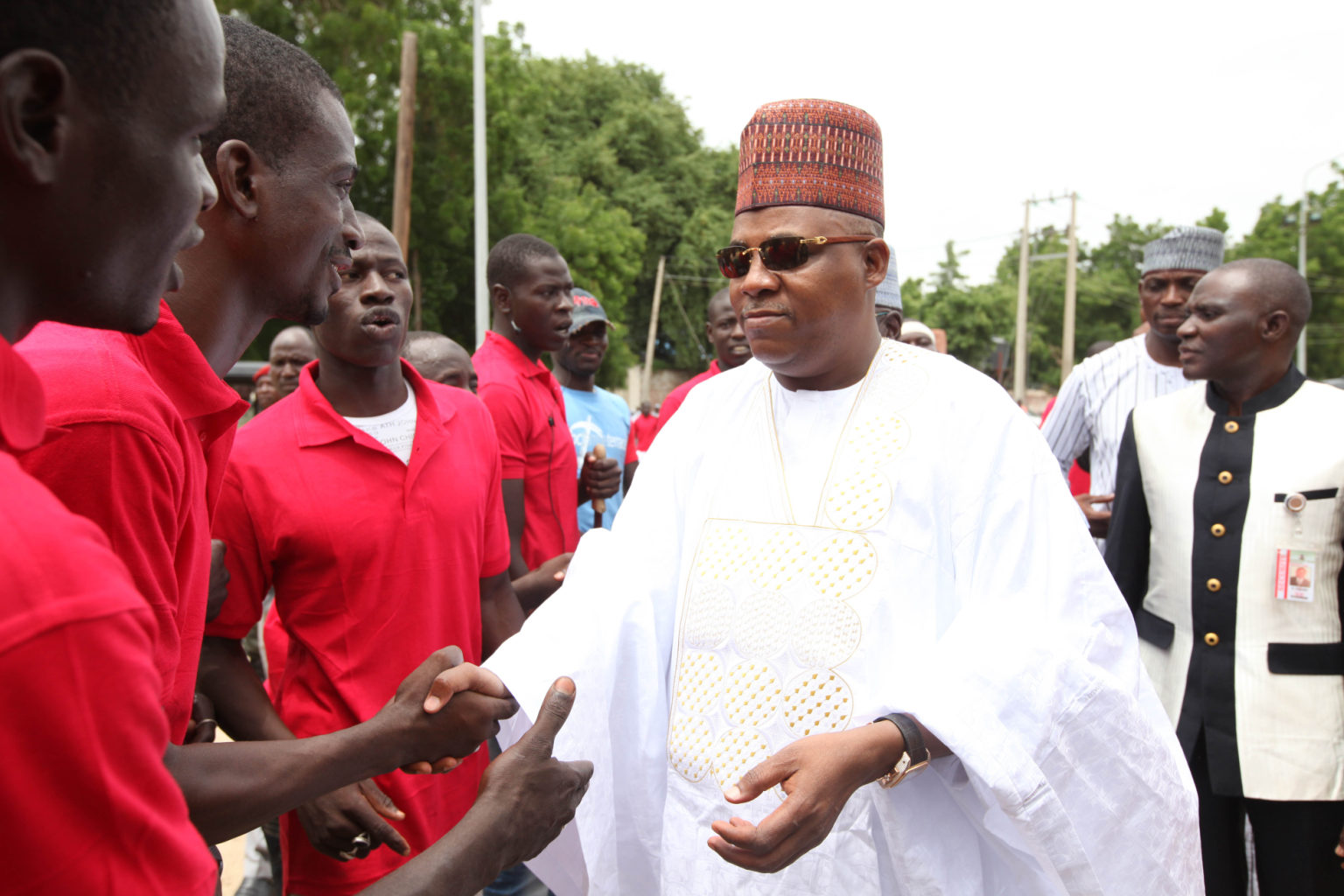As the Boko Haram terror group has rampaged through Nigeria’s northeast in recent years, more than two million people have fled their homes, pushed into makeshift camps away from the violence.
Due to congestion and a lack of funding, camp residents have suffered from hunger, a lack of facilities, and disease outbreaks. In some cases, the camps have also been targets of suicide bombings by Boko Haram.
But as the Nigerian Army retakes territory from Boko Haram, the hard work of reintegrating the displaced has begun. Ahmed Satomi, head of the emergency agency in Borno State – which has been most affected by Boko Haram’s attacks – says half a million households will share a $42 million grant from the World Food Programme. Distributed evenly, that means each household will receive around $80, Satomi said.
This “token” will encourage the returnees to “start up something that would enable them cater for their families to alleviate their suffering,” he added. The emergency agency will also seek to “empower” the formerly displaced by offering training in new skills and support for entrepreneurial ventures.
After years of living in fear, normalcy appears to be returning to parts of Nigeria’s northeast, particularly Borno. Last month, El Kanemi, a soccer team in Nigeria’s top division based in Maiduguri, the state capital, played a match at its home ground for the first time in three years, previously thought to be too risky given Boko Haram’s propensity to attack large gatherings. The return of more people to Maiduguri has also resulted in something of a real estate boom. An $80 “token” isn’t a lot for people who have lost everything to Boko Haram, but it’s a start.
via Quartz Africa







